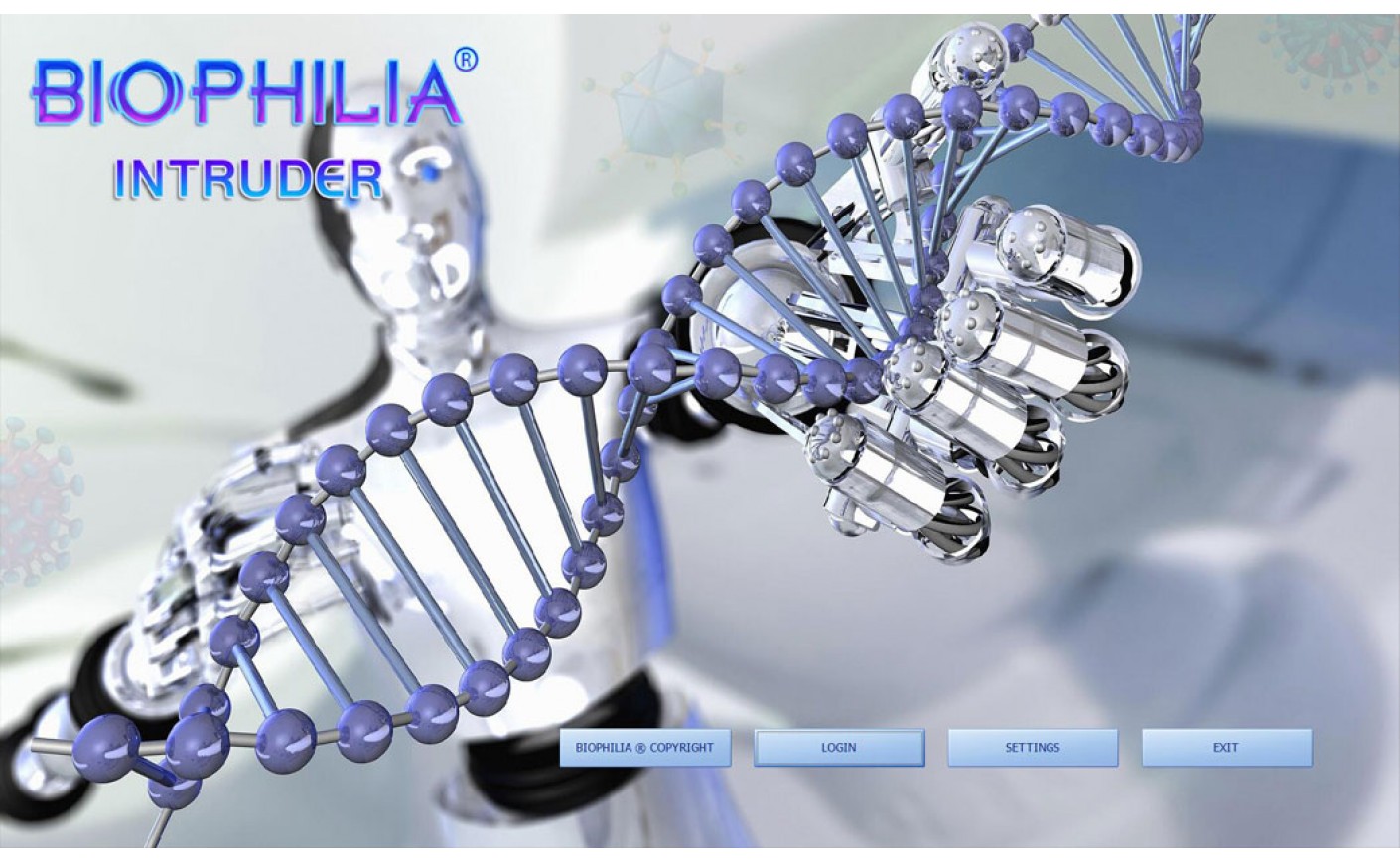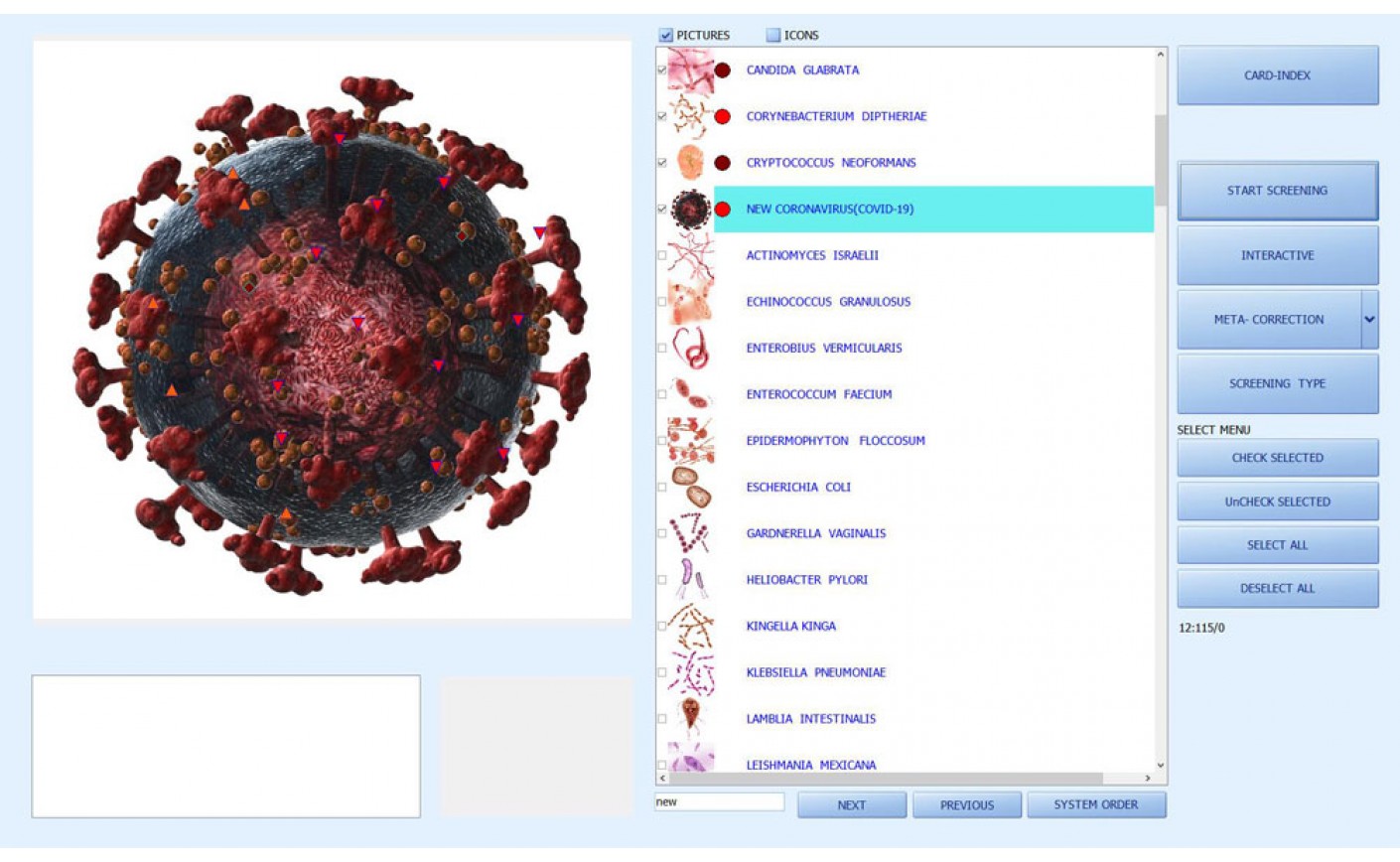What Should We Know About The Fish Oil Supplement
WeŌĆÖre far more likely to associate foods like chocolate or strawberries with February than, say, fish and fish oil. Unlike oysters, with their reputation as an aphrodisiac, fish and its oil hardly inspires warm and sexy thoughts ŌĆō possibly a result of the decidedly unromantic side effect of ŌĆ£fishy burpsŌĆØ that some people may experience from eating fish or consuming rancid or cheaply-coated fish oil capsules. But February is American Heart Month. And as such, the benefits of eating fatty fish (among which tilapia isnŌĆÖt counted) and taking fish oil supplements merit some attention.
Fish oil is among the best sources of biologically-active, heart-healthy omega-3 fatty acids such as EPA and DHA, which play a role in protecting our blood vessels from becoming thickened and narrow from hardened deposits of fat and minerals. Research has shown omega-3s exert their cardio-protective influence through a variety of mechanisms, including interfering with aggregation of clot-forming blood platelets; inhibiting the release of inflammatory compounds that promote plaque formation in the arteries; and helping reduce triglyceride levels in the blood. Omega-3s are one of two ŌĆ£essential fatty acidsŌĆØ that must be obtained from the diet, since we humans cannot manufacture them ourselves. Several plant-based foods, such as flaxseeds and walnuts, contain alpha-linolenic acid, an omega-3 that our bodies are able to convert ŌĆō albeit inefficiently ŌĆō into the more biologically-active forms of EPA and DHA.
For people who donŌĆÖt enjoy omega-3-rich fish like salmon, mackerel, herring, sardines, anchovies or lake trout ŌĆō or who simply donŌĆÖt eat these foods regularly ŌĆō fish oil supplements may be an option worth considering. While researchers continue to debate whether supplemental fish oil offers the same benefits as eating fish regularly, many doctors have become vocal advocates for the supplemental form, particularly for their patients at risk for heart disease. If youŌĆÖve considered taking fish oil but are confused about how to start, read on:
1. Talk to your doctor about a dose that meets your therapeutic goals. ItŌĆÖs important to discuss what your doctor or dietitian believes to be an appropriate and safe dose for you, given your individual health profile and any other medications or supplements you use. Since fish oil can have a blood thinning effect at higher doses, it may increase risk of bleeding in people who take other medications with similar effects, such as daily aspirin, vitamin E or certain prescription medications ŌĆō particularly Plavix (clopidogrel) or Coumadin (warfarin).
If you donŌĆÖt eat at least two servings of fatty fish per week, an equivalent dose in fish oil currency would be about 400 to 500 milligrams per day of combined EPA and DHA. This is the recommended intake for healthy adults without a history of heart disease to meet their basic needs. The recommendation for people with coronary heart disease, or a narrowing in the arteries as the result of plaque buildup, is 1 gram per day (1,000 milligrams) of combined EPA/DHA. Doses higher than this should only be taken under the supervision of a medical doctor; for example, by people with high triglycerides who may require doses in the range of 2 to 4 grams (2,000 to 4,000 milligrams) of combined EPA/DHA per day for therapeutic benefit. Similarly, for those with high blood pressure, around 3 grams (3,000 milligrams) of EPA/DHA per day has been shown to be a therapeutic dose.
2. Learn how to decode the supplement label. The two most important numbers on a fish oil label are: the actual omega-3 content, expressed in milligrams of EPA and DHA, respectively; and the number of pills contained in a serving size.
Fish oil (and algae or krill oil) dosing is based on the actual omega-3 content of the product. To determine the actual omega-3 content of a dose, you'll need to read the supplement facts level and add up the listed milligrams of both EPA and DHA to see what dose you're actually getting (remember: one gram is 1,000 milligrams; two grams are 2,000 milligrams). Be aware that these numbers are almost never listed on the front of the label. In fact, fish oil marketers often mislead consumers by claiming a high number of milligrams of total fish oil on the front label ŌĆō such as "1,200 milligrams fish oil." But this refers to the amount of the oil itself, not the actual omega-3 content.
In plant-based omega-3 products such as flaxseed oil or ground flaxseeds, omega-3 content will be listed in terms of ALA, rather than EPA or DHA. As a general rule, 10 percent of the listed ALA will be converted to EPA/DHA. So if youŌĆÖre seeking a dose of 500 milligrams EPA/DHA, youŌĆÖll need to take a vegetarian product with 5,000 milligrams (5 grams) of ALA. For reference, 1 tablespoon of cold-pressed flaxseed oil can have up to 7,000 milligrams of ALA, though some experts suggest that men in particular may be better off getting their plant-based omega 3s from ground flaxseeds rather than flaxseed oil. One tablespoon of ground flaxseeds can have 1,500 milligrams (or slightly more) of ALA.
Next, youŌĆÖll need to pay attention to the serving size that corresponds to the listed nutrition content. When you do, you may notice that in some products, a single "dose" that contains your desired amount of omega-3s may consist of anywhere from two to six pills! If you don't read the fine print, you risk getting far less than you think by taking only a single pill. If you require a higher dose of fish oil ŌĆō anything more than 1,000 milligrams of EPA/DHA daily ŌĆō you may want to seek out a more concentrated product in order to minimize the number of pills required.
3. Select a reputable product. Fish oils are no different than any other laxly-regulated dietary supplement category, prone to inaccurate label claims and contamination. Indeed, recent testing of 30 leading fish oil products by an independent lab showed that the average omega-3 content varied by 24 percent compared to its label claim, though individual products ranged from having 50 percent less to 90 percent more than promised. While there is the theoretical concern that fish oil could be contaminated with excessively high levels of toxins such as mercury or PCBs, multiple studies that have analyzed a variety of fish oil products have shown levels to be safe by and large, and possibly even below those one would encounter through eating actual fish.
Using NLS can choose the most suitable fish oil supplement, in order to better help us.


